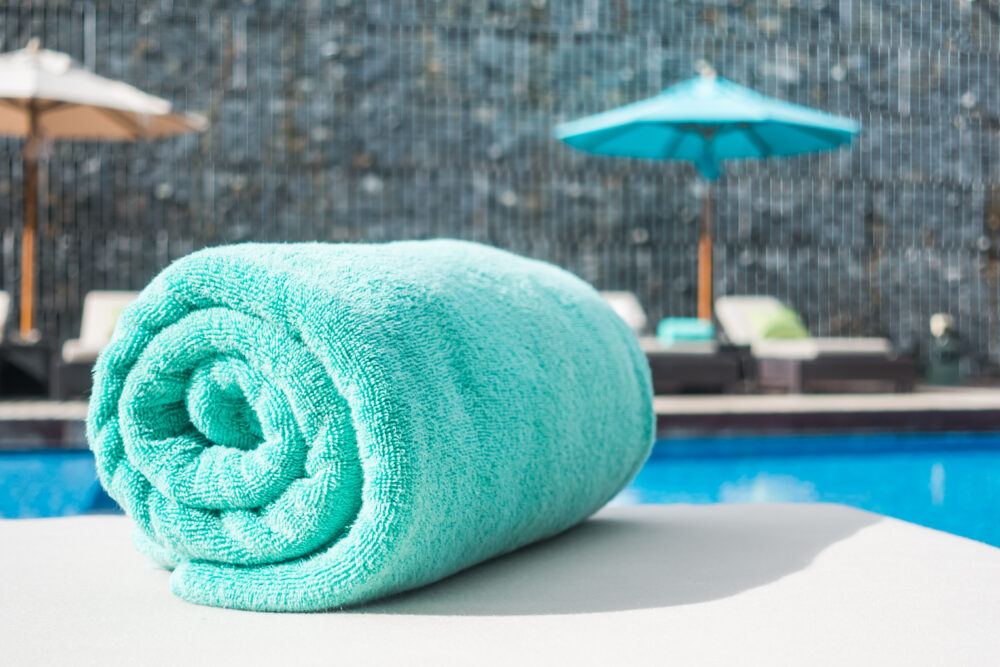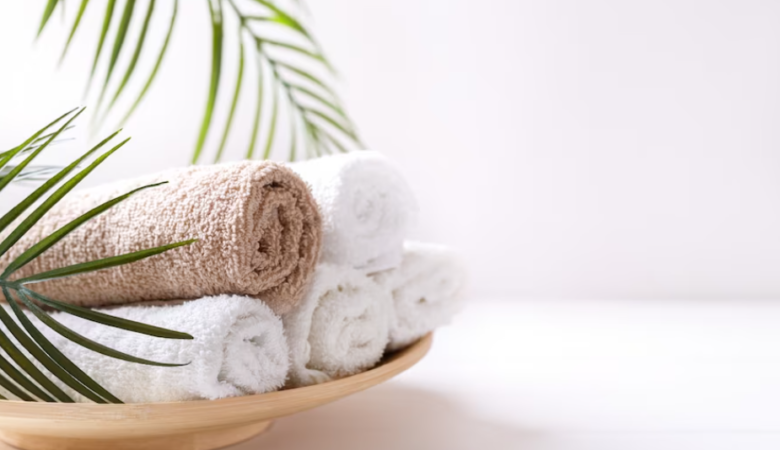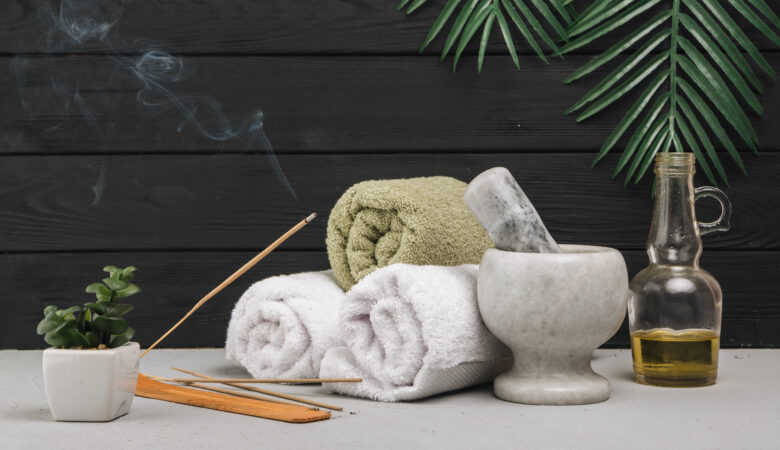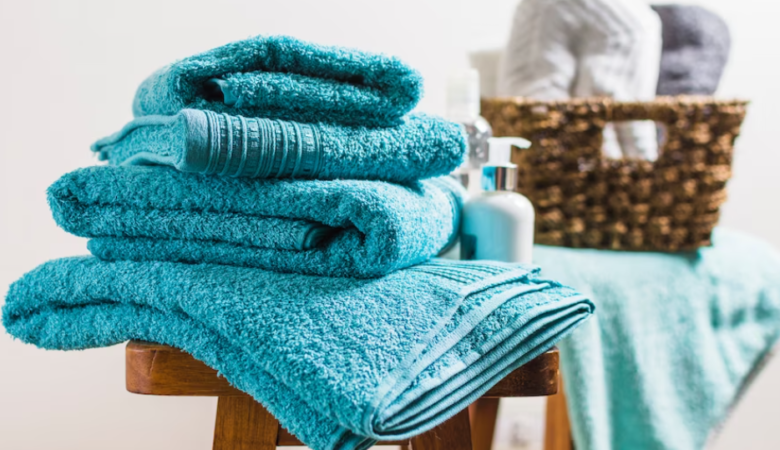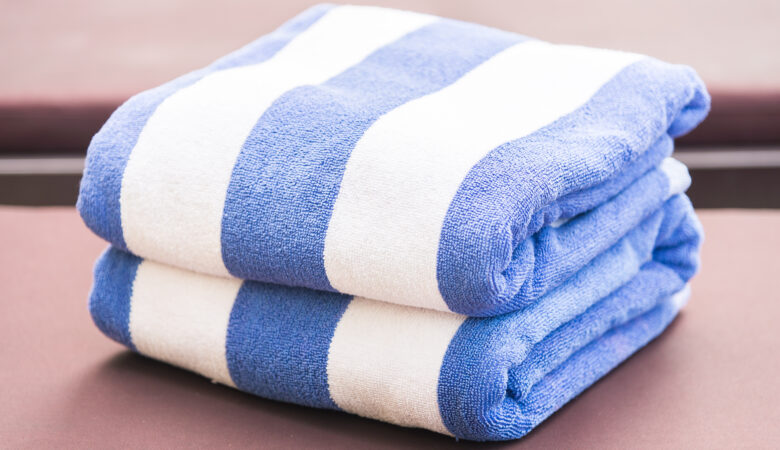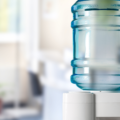Are you someone who keeps using the same towel over and over again, without a second thought? If so, it might be time to consider changing your towel game. But before you make any rash decisions, it’s important to weigh the pros and cons of changing your towels.
Here is the ultimate guide to help you make an informed decision about your towel habits. This guide explores the benefits and drawbacks of switching up your towels, from hygiene to sustainability, and everything in between.
Whether you’re looking to upgrade your bath linen or simply curious about the best towel practices, “Should You Change Your Towels? The Pros and the Cons” has got you covered. So, get ready to dive in and discover everything you need to know about the towel debate.
Do Towels Get Dirty?
Towels are an essential part of our daily routines, used for everything from drying our bodies after a shower to cleaning up spills and messes around the house. While they are certainly useful, the question of whether towels get dirty is an important one to consider.
In short, yes, towels can get dirty. This is because they come into contact with our bodies and the environment around us, picking up dirt, bacteria, and other particles along the way. If left unwashed, these contaminants can accumulate and create an unhygienic environment.
One of the most common ways that towels can become dirty is through contact with our skin. As we go about our day, our bodies shed dead skin cells, oils, and sweat. When we use a towel to dry off after a shower or bath, these substances can transfer onto the fabric. Over time, the buildup of skin cells and oils can create a breeding ground for bacteria, which can lead to unpleasant odours and potentially even infections.
Another way that towels can become dirty is through exposure to the environment. For example, if you use a towel to clean up a spill or wipe down a dirty surface, it can become contaminated with dirt, dust, and other particles. This can be especially problematic if the towel is used in a high-traffic area, such as a kitchen or bathroom, where there is a higher risk of exposure to harmful bacteria and viruses.
So, what can you do to keep your towels clean and hygienic? The most important thing is to wash them regularly. Depending on how often you use your towels and the environment in which they are used, you may need to wash them every few days or once a week. When washing your towels, it’s important to use hot water and a good-quality detergent to ensure that any bacteria and other contaminants are fully removed.
In addition to washing your towels regularly, there are a few other things you can do to keep them in good condition. For example, it’s a good idea to hang your towels up to dry after use rather than leaving them bunched up on the floor or in a hamper. This will help to prevent the growth of bacteria and mould, which can thrive in damp environments.
Another tip is to avoid sharing towels with other people. While it may be convenient to use the same towel as your partner or family members, it increases the risk of cross-contamination and can lead to the spread of bacteria and viruses. It’s also a good idea to avoid using the same towel for multiple purposes, such as using a hand towel to dry off after a shower.
Finally, it’s important to replace your towels periodically. Over time, towels can become worn and frayed, which can make it more difficult to fully remove bacteria and other contaminants.
How often should you change your towel?
The general rule of thumb is that you should wash your towel every three to four uses. This allows enough time for the towel to dry out completely between uses, which can help to prevent the growth of bacteria and mould. However, there are a few factors that can impact how often you need to change your towel.
One of the biggest factors is the environment in which the towel is used. For example, if you use a towel in a humid bathroom, it may need to be washed more frequently to prevent the growth of mould and mildew. Similarly, if you use a towel to clean up a spill or wipe down a dirty surface, it may become contaminated more quickly and require more frequent washing.
Another factor to consider is how often the towel is used. If you use a towel every day, it may need to be washed more frequently than if you only use it a few times a week. This is because the buildup of oils, dead skin cells, and other contaminants can accumulate more quickly with frequent use.
It’s also important to consider the type of towel you’re using. For example, bath towels may need to be washed more frequently than hand towels, which are used for shorter periods and may not come into contact with as much skin.
Ultimately, the key is to pay attention to the condition of your towel and use your best judgment when it comes to washing it.
About Livpure
Introducing Livpure towels – the perfect addition to your daily routine! Made from high-quality materials, these towels are soft, absorbent, and durable, making them the perfect choice for all your drying needs.
Whether you’re stepping out of the shower, hitting the gym, or just need a quick wipe-down, Livpure towels have got you covered. They are available in a range of sizes and colours to suit your individual preferences and are made to last wash after wash.
Livpure is committed to providing high-quality products that enhance your daily life, and their towels are no exception. With their superior absorbency and softness, Livpure towels are sure to become a staple in your bathroom routine.
Upgrade your towel collection today and experience the comfort and convenience of Livpure towels. Order now and enjoy the benefits of high-quality towels that are designed to last!

